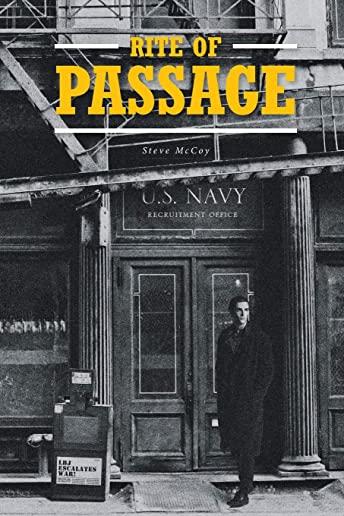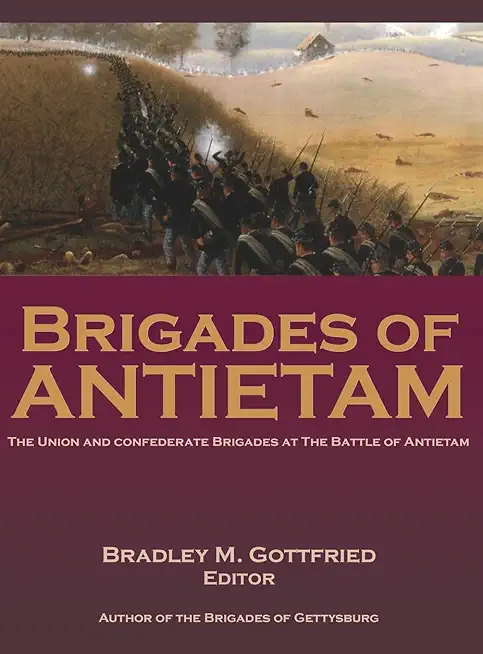
description
7The narrative is one of transforming from a naive teen HS graduate to a member of the US Navy, the American military. This all occurred during a transformative time in generational attitudes and a transformative time in history. The timeline is the summer of 1967, the summer when everyone wore flowers in their hair and burned their draft cards. In the sixties, it was common practice for working-class teens to either pursue a job somewhere with "benefits" or join the military. College was for suburban kids. I, being a Chicago kid, figured that I was a fairly smart guy and could learn a technical skill in the military, so I set my sights on that path after graduation. Because the Vietnam War was being fought and was a "hot" war at that, the branch of the military that sounded safest to me was the navy. So I found myself at a recruiter's office three months before graduation so that I could go from "cap and gown" to bell-bottomed pants in no time at all. I would have to describe my boot camp experience as fun. As I said, I was naive and had absolutely no expectations, went with the flow, and had fun observing the process of turning a bunch of unruly teenagers (for the most part) into a disciplined group of sailors. I was also aware of the Vietnam War, a war that I may very well be a part of. It was a war that I didn't have a very strong opinion of at the time but one that I felt was evolving. A lot of people relate 1969 to the seminal year with the Vietnam war, like that was the year the younger generation started to notice the war. In my mind, the year 1969 is when the generational attitudes toward the war boiled over. We were burning draft cards in 1967; we were protesting; my generation was becoming counter-culture hippies. The Jefferson Airplane was introducing my generation to recreational drugs; Scott McKenzie was telling us to wear flowers in our hair. The year 1967 was 1969 lite.
member goods
No member items were found under this heading.
Return Policy
All sales are final
Shipping
No special shipping considerations available.
Shipping fees determined at checkout.







